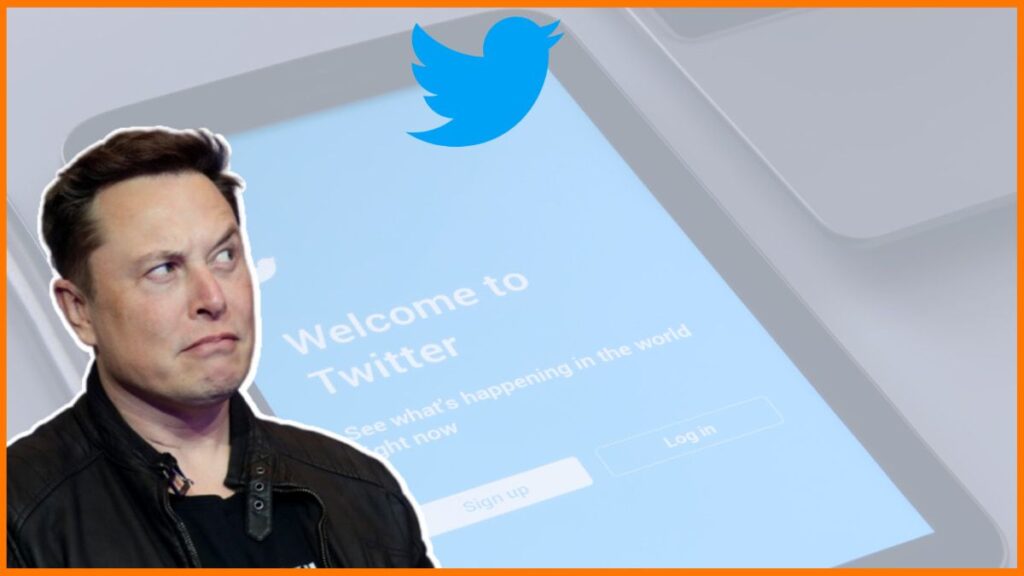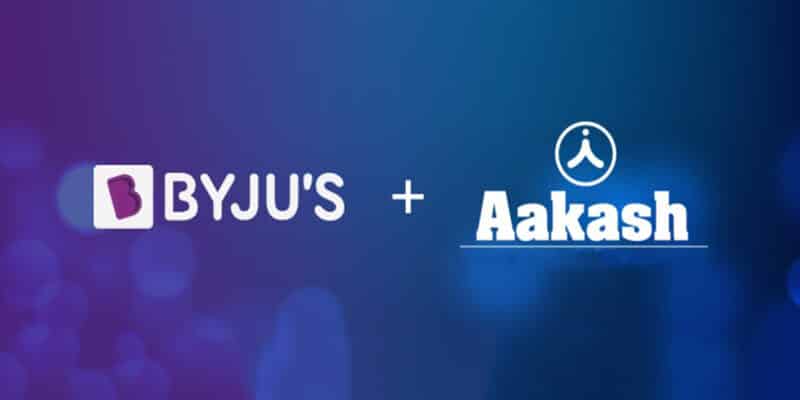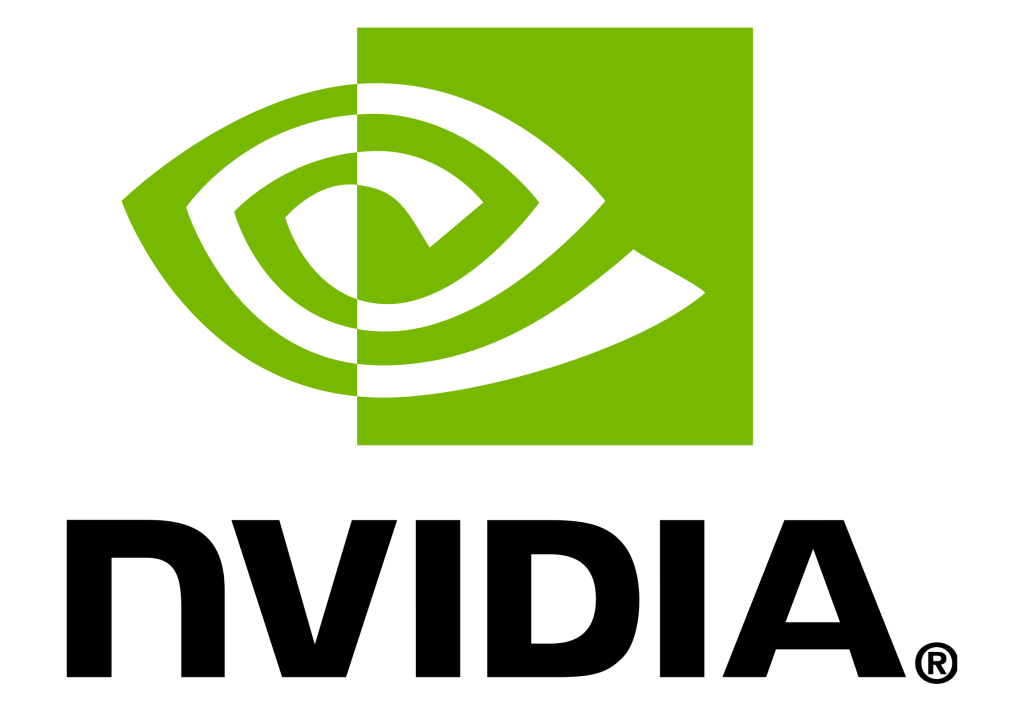Elon Musk may turn Twitter into ‘Everything App’
The renowned social media application, Twitter, is one of the most highly used apps around the world. Elon Musk claims to have “amazing” ideas for Twitter and wants to turn it into everything app.

Musk has spoken of his objective to develop it into a super app, which aims to offer users a wide range of products and services and many of the services are not related to each other.
The term “super app” was first subjected to WeChat, which is owned by Chinese tech giant Tencent and has a variety of uses, making it popular throughout China. According to an earlier Forbes story, WeChat and other affiliated mini-apps “connect every facet of life in China,” from “hailing a cab, buying groceries, booking a doctor’s appointment, and purchasing insurance.”
Other examples of super apps include Grab in Southeast Asia, which began as a taxi-hailing app and has since expanded its services to provide transportation, food delivery, and financial services, and Alipay, a payment system owned by Chinese e-commerce giant Alibaba that offers a variety of services such as retail, bookings, utility bill payments, and more.
Mr Musk told Twitter staff earlier this year: “Think of it like WeChat in China, which is great now, but there’s no WeChat equivalent outside of China. There’s a real opportunity to create that.” “You basically live on WeChat in China because it’s so helpful, so useful to daily life. I think if we achieve that or come even close to that with Twitter, that would be a success”, He added.
“We continue to believe Musk saw the writing on the wall and knew his chances of a victory in Delaware were slim to none with the best path accepting the current deal and move forward,” an analyst at investment firm Wedbush, Dan Ives said.
Source: telegraph.co.uk
Elon Musk had been trying to back out of a deal to buy the social media company claiming that Twitter management’s figures for the number of fake accounts and “bots” on the social network were ambiguously low, but on Tuesday he announced a surprise reversal, saying he would buy the company for $54.20 per share. As Twitter pressed him to complete the takeover, he was facing a court battle.
On Tuesday, Musk gave no detail about the outlook of the app he wants to create but when one user suggested that creating X as a separate entity from scratch would be easier, Musk responded that taking over Twitter “accelerates” his plans to create X “by three to five years.”
Text messages between Mr Musk, his friends, and advisers revealed as part of his legal battle with Twitter revealed some of his thoughts on social media.
In one note to his brother, Kimbal, Mr Musk said: “I have an idea for a blockchain social media system that does both payments and short texts/links like Twitter. You have to pay a tiny amount to register your message on the chain, which will cut out the vast majority of spam and bots.”
Source: telegraph.co.uk
Twitter has stated that it intends to proceed with the sale to Mr Musk. Twitter shares increased by 21% after the deal was redeemed. Tesla, his electric car company, saw its stock rise by 2%.
According to CNN experts, Elon Musk’s plan for a super app may be difficult to achieve. For one thing, several other social media apps, such as WhatsApp, Facebook, TikTok, and YouTube, are constantly competing to become super apps. Experts told the outlet that anti-monopoly regulations and policymakers’ opposition could be additional barriers.

I am a student pursuing my bachelor’s in information technology. I have a interest in writing so, I am working a freelance content writer because I enjoy writing. I also write poetries. I believe in the quote by anne frank “paper has more patience than person







